
COOPERATION
At ReUse, we know that transforming the battery sector requires teamwork.
We're working hand-in-hand with experts across Europe, tackling the toughest challenges from production to advanced recycling and securing sustainable material reuse. Whether it's developing digital twins for smarter battery management, establishing regional circular battery valleys, or creating new sustainability frameworks, our strategic network allows us to pool specialized knowledge and accelerate breakthroughs.

BATCAT
BATCAT is a Horizon Europe research project developing a digital twin for battery manufacturing. By integrating data-driven and physics-based methods, it creates a cross-chemistry data space for Li-ion, Na-ion, and redox flow batteries, tackling challenges in design, operation, and trust in digital manufacturing.
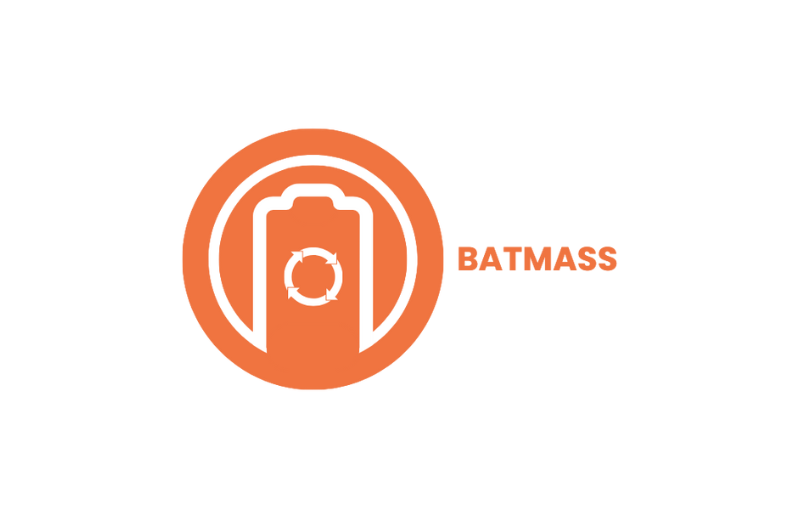
BATMASS
BATMASS aims to establish Europe’s first Circular Battery Valley by scaling up innovative circular technologies for battery materials. The project brings together regions, RTOs, and SMEs to develop and deploy large-scale recycling, second-life, and re-manufacturing solutions that reduce Europe’s dependence on critical raw materials and enhance supply chain resilience.
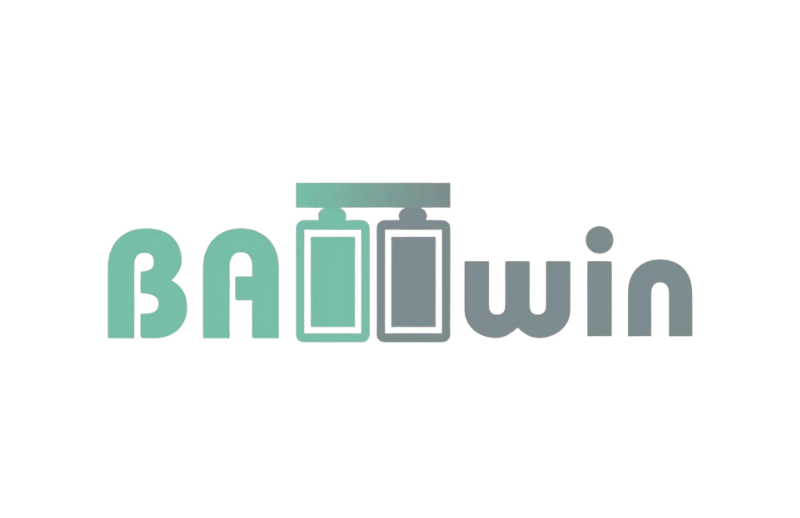
BATTWIN
BATTWIN is an EU-funded project developing an advanced multi-level digital-twin platform to achieve zero-defect Li-ion battery manufacturing in Europe. By integrating real-time sensor data, process- and system-level digital twins, and a Digital Battery Passport model, the project aims to minimize defects, optimize production, and strengthen Europe’s competitiveness in battery manufacturing.

BeyondBattRec
BeyondBattRec is an EU-funded project advancing next-generation battery recycling technologies to support Europe’s transition toward a circular and sustainable economy. By integrating innovative pre-processing methods and digital tools, the project enhances the recovery of valuable materials such as lithium, cobalt, nickel, and copper from end-of-life batteries.
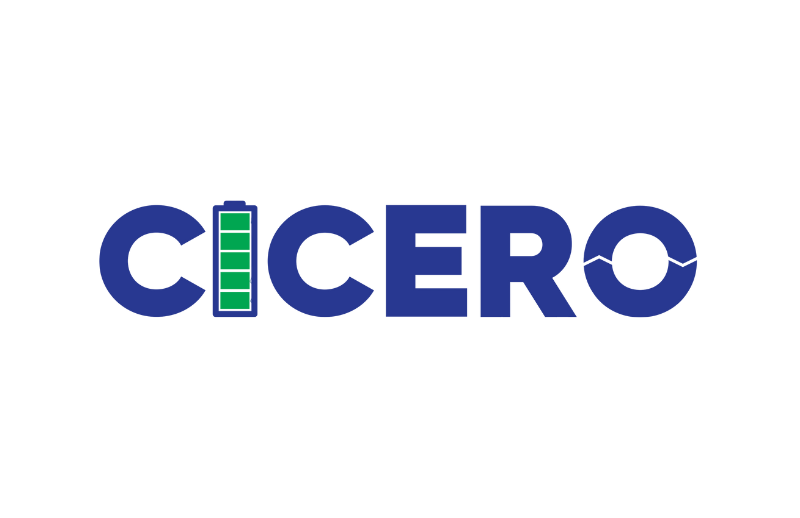
CICERO
CICERO is an EU-funded project developing an environmentally friendly and circular refining process for critical raw materials such as nickel, cobalt, and manganese—key components of NMC Li-ion batteries. Using methanesulphonic acid (MSA) as a green alternative to conventional sulfuric acid, the project promotes sustainable metal recovery from European secondary sources.

DiLiRec
DiLiRec is a German research project developing sustainable recycling processes for lithium iron phosphate (LFP) batteries, focusing on efficient recovery and reuse of cathode materials. Through optimized black mass extraction, AI-supported process control, and systematic data collection, the project aims to enable cost-effective and energy-efficient LFP recycling.

HEALINGBAT
HEALINGBAT is an EU-funded project pioneering self-healing technologies for next-generation lithium-sulfur batteries. By integrating smart sensors, advanced monitoring systems, and self-repairing materials, the project aims to significantly enhance battery safety, reliability, and lifespan.

HiQ-LCA
HiQ-LCA is a European project funded by EIT RawMaterials that aims to establish a reliable, transparent, and high-quality Life Cycle Assessment (LCA) framework for the battery industry. By creating detailed environmental datasets and advanced LCA services, the project helps stakeholders assess and reduce the carbon footprint of battery production, use, and recycling.
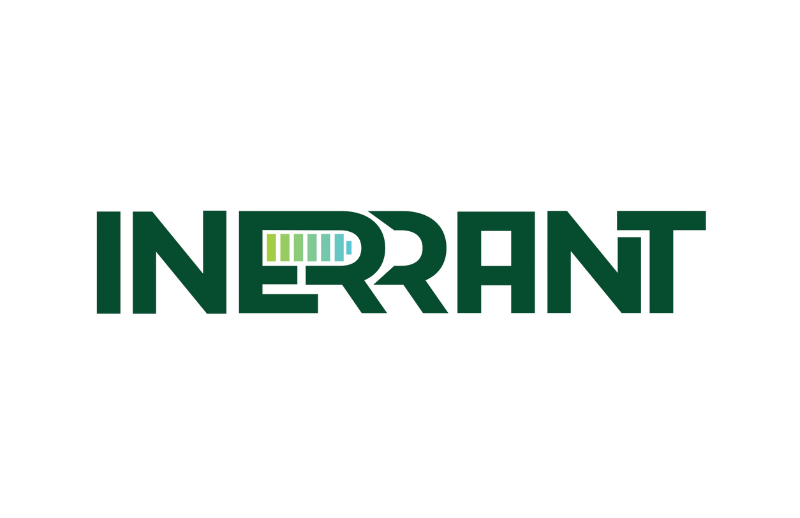
INERRANT
INERRANT is an EU-funded project advancing next-generation lithium-ion batteries by developing safer, longer-lasting, and more sustainable materials and processes. Through innovative characterization methods and scalable manufacturing approaches, the project addresses key challenges in battery safety, recyclability, and resource efficiency.

LI4LIFE
LI4LIFE is an EU-funded project advancing Europe’s capacity to produce battery-grade lithium carbonate from domestic sources. By developing innovative extraction and purification technologies for complex ores and post-mining tailings, the project aims to strengthen the EU’s lithium supply chain and reduce reliance on imports.

OPERA
OPERA is an EU-funded project pioneering advanced operando techniques and multiscale modelling to accelerate the development of zero-excess solid-state batteries. By leveraging world-class synchrotron facilities and machine learning–enhanced simulations, OPERA explores the electro-chemo-mechanical processes that influence battery performance, stability, and degradation.
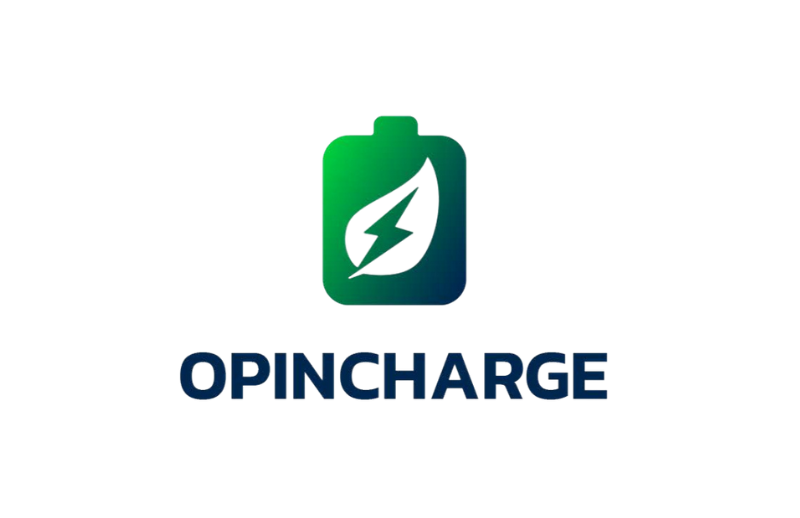
OPINCHARGE
OPINCHARGE is an EU-funded project advancing operando nanoanalytical techniques to uncover charge transport and interfacial processes in lithium-ion batteries at the atomic scale. By combining cutting-edge physical and chemical characterization methods with AI-driven data analysis, the project enables unprecedented insight into battery behavior and degradation.
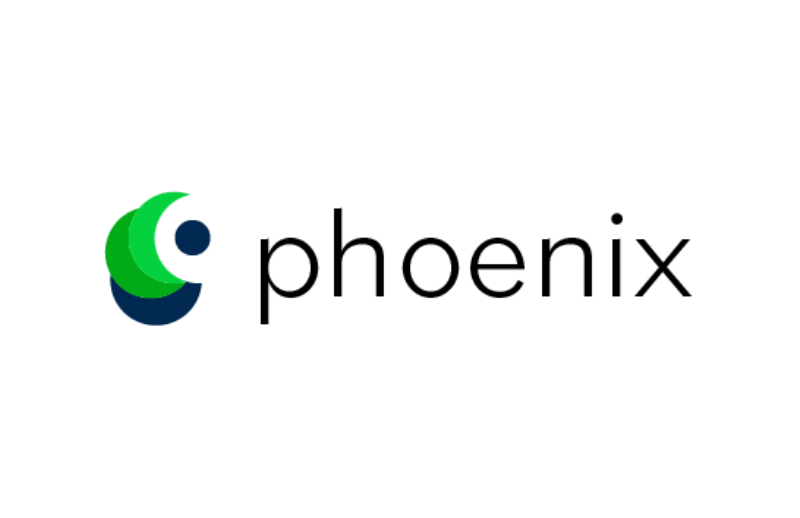
PHOENIX
PHOENIX is an EU-funded project developing next-generation smart batteries equipped with embedded sensors and self-healing mechanisms to extend their lifespan and sustainability. By integrating advanced monitoring and repair functions into a novel Battery Management System, the project enables real-time detection and recovery from degradation or damage.
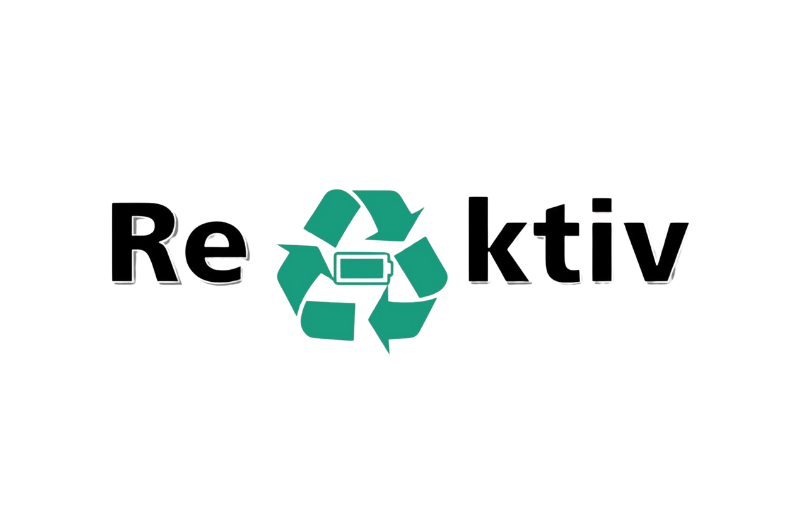
ReAktiv
ReAktiv is a German research project focused on revolutionizing the recycling of lithium-ion batteries, particularly round and button cells. By developing advanced dismantling, separation, and hydrometallurgical processes, the project enables the direct recovery and reuse of high-quality active materials without producing black mass.
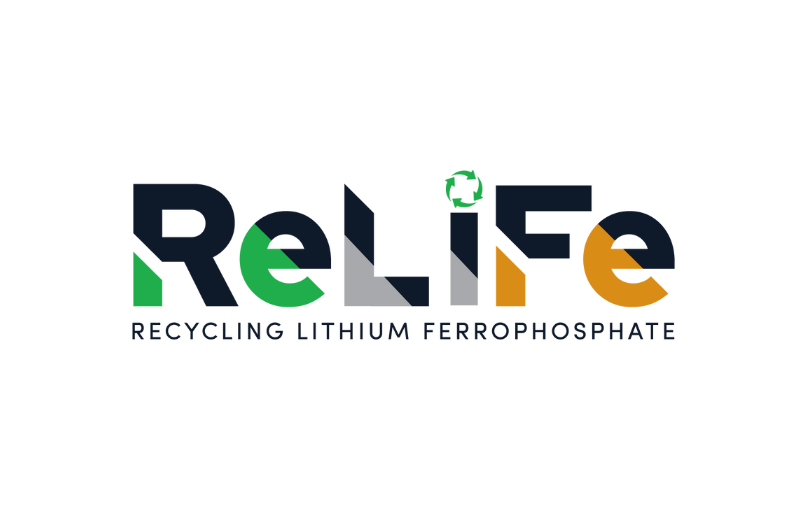
ReLiFe
ReLiFe is a European project developing an environmentally friendly and cost-effective process for recycling lithium ferrophosphate (LFP) batteries and production scrap. The initiative focuses on demonstrating a pilot-scale recycling plant in Xanthi, Greece, capable of processing 500 tons of LFP material annually.

RENOVATE
RENOVATE is an EU-funded project developing sustainable, closed-loop recycling processes for end-of-life lithium-ion batteries. By reusing 100% of in-specification cell fractions and reintegrating production side streams, the project aims to minimize waste, reduce landfill disposal, and recover valuable battery precursors.

RESPECT
RESPECT is an EU-funded project designed to strengthen Europe’s lithium-ion battery value chain through innovative and sustainable recycling technologies. The project develops a flexible, closed-loop process capable of handling all battery types via two main routes: full hydrometallurgy and direct recycling.

RESTORE
RESTORE is an EU-funded project revolutionizing battery recycling through automated sorting, safe pre-processing, and smart dismantling technologies. By enabling the direct recovery and reuse of high-purity materials such as electrolyte salts, graphite, and cathode compounds, the project minimizes waste and enhances resource efficiency.
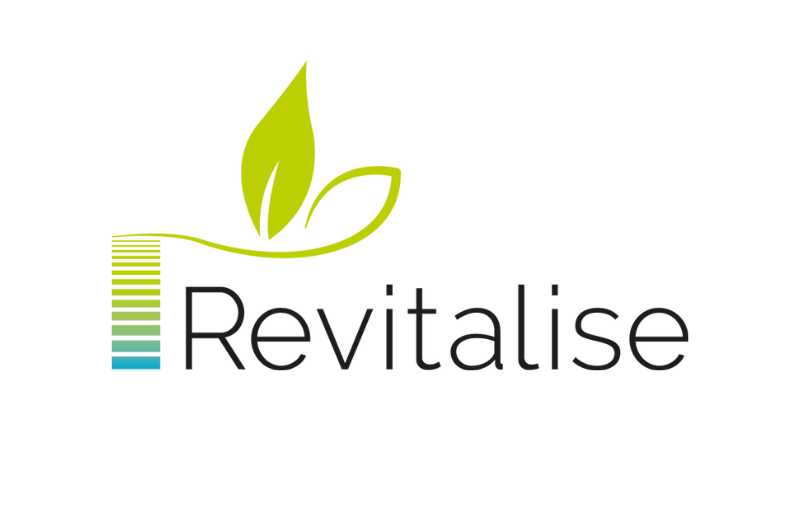
REVITALISE
REVITALISE is an EU-funded project tackling the growing battery waste crisis by developing innovative, sustainable recycling technologies for NMC, LFP, and Na-ion batteries. Using advanced techniques such as electrohydraulic fragmentation, ultrasonication, and water remediation, the project achieves high-purity material recovery and lithium extraction from wastewater.

SAFELOOP
SAFELOOP is an EU-funded project enhancing the safety, sustainability, and circularity of electric vehicle (EV) batteries across their entire lifecycle. Involving 15 partners from 11 countries, the project develops safer production, testing, and recycling methods while integrating up to 25% recycled materials into new battery designs.

SALAMANDER
SALAMANDER is an EU-funded project developing smart lithium-ion batteries with embedded sensors and self-healing capabilities to extend lifespan, reliability, and sustainability. By enabling batteries to autonomously detect and repair internal damage, the project reduces waste and enhances energy efficiency throughout the battery lifecycle.
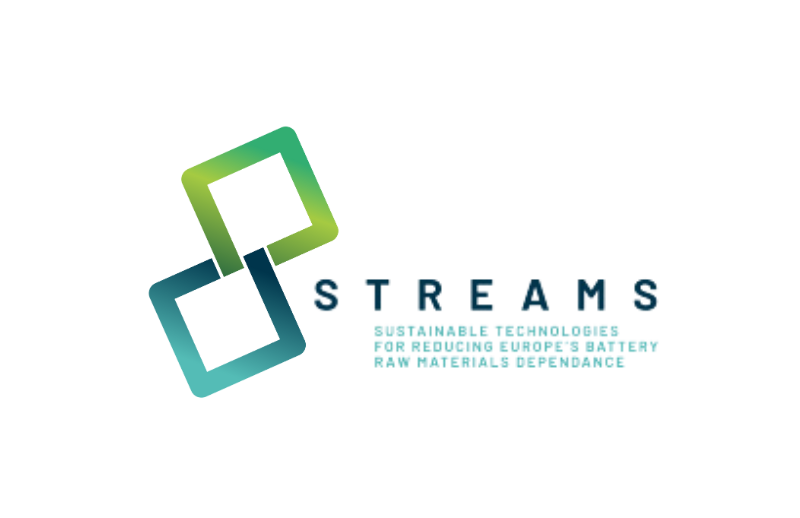
STREAMS
STREAMS is an EU-funded project focused on developing and validating 12 scalable technologies for the sustainable production of battery-grade precursors and active materials. By integrating primary, secondary, and recycled resources, the project aims to reduce Europe’s reliance on critical raw materials while minimizing environmental impact.

ULTRA BAT
ULTRA BAT is an EU-funded research project exploring the ultrafast electron and ion dynamics that govern battery performance at the atomic level. Using cutting-edge X-ray Free Electron Laser (XFEL) and ultrafast spectroscopy techniques, the project investigates charge transfer, ion diffusion, and structural changes in Li-rich battery materials.
